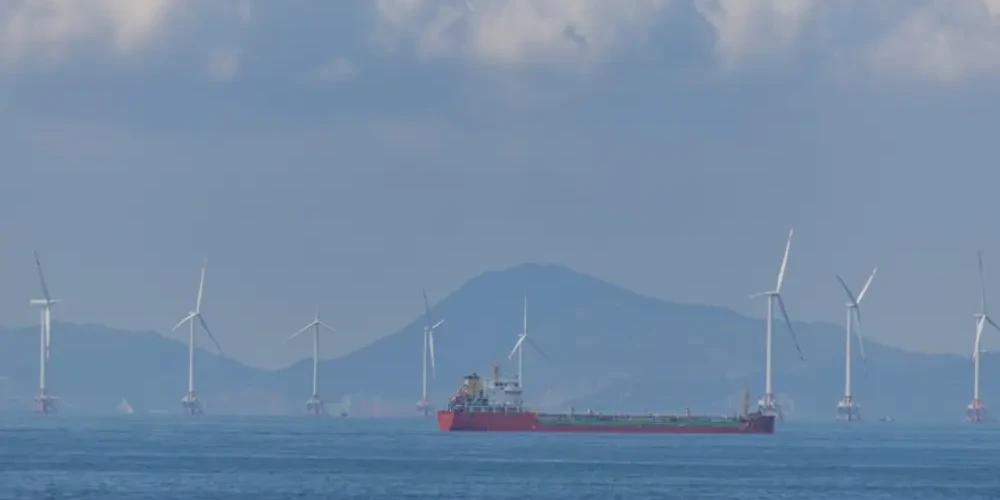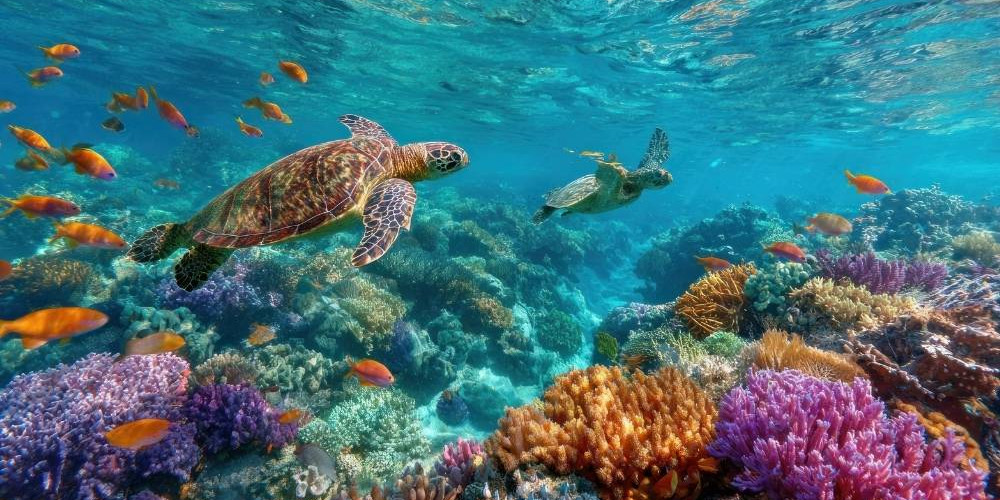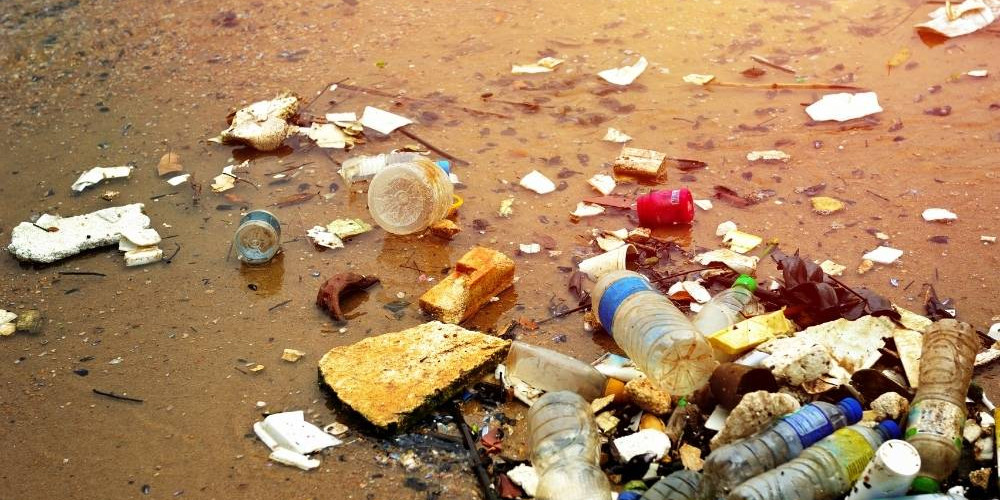The ocean covers more than 70% of our planet, yet it is often one of the most overlooked ecosystems when it comes to global conservation efforts. From regulating climate to sustaining biodiversity and supporting human livelihoods, the health of the oceans is directly linked to the future of life on Earth. Ocean conservation is not just about saving marine species—it’s about protecting the foundation of our planet’s stability and resilience.
Oceans as Climate Regulators
The ocean is Earth’s largest carbon sink, absorbing nearly a quarter of the carbon dioxide we emit. It also generates more than half of the oxygen we breathe. Healthy oceans help stabilize the climate, but rising pollution, overfishing, and warming seas threaten this natural balance. By conserving oceans, we strengthen one of the planet’s most effective defenses against climate change.
Protecting Marine Biodiversity
Coral reefs, mangroves, and open waters are home to millions of species, many of which are still undiscovered. Overfishing, plastic pollution, and habitat destruction are rapidly driving marine species toward extinction. Ocean conservation ensures biodiversity is preserved—not only for ecological balance but also for human benefit, as many of our medicines and food resources come from marine ecosystems.
Sustaining Human Livelihoods
More than 3 billion people worldwide depend on the ocean for their primary source of protein, and countless communities rely on fishing, tourism, and marine industries for economic survival. If ocean health continues to decline, global food security and livelihoods will be at risk. Conservation efforts safeguard these resources, ensuring sustainable use for future generations.

The Fight Against Plastic and Pollution
Plastic waste and chemical runoff have created massive dead zones in the ocean. Microplastics are now found in seafood, salt, and even drinking water, showing just how interconnected ocean health is with human health. Reducing pollution through conservation strategies helps restore ecosystems while protecting public health.
Global Responsibility for a Shared Future
The ocean knows no borders. Conservation requires global cooperation, from governments and industries to individuals making daily choices. Whether it’s supporting sustainable seafood, reducing single-use plastics, or advocating for marine protected areas, every action contributes to the long-term survival of our oceans.
Final Thoughts
The future of our planet depends on the future of our oceans. By protecting marine ecosystems, we are safeguarding biodiversity, stabilizing the climate, and ensuring food security for billions. Ocean conservation is not optional—it is essential for the survival of both nature and humanity.




